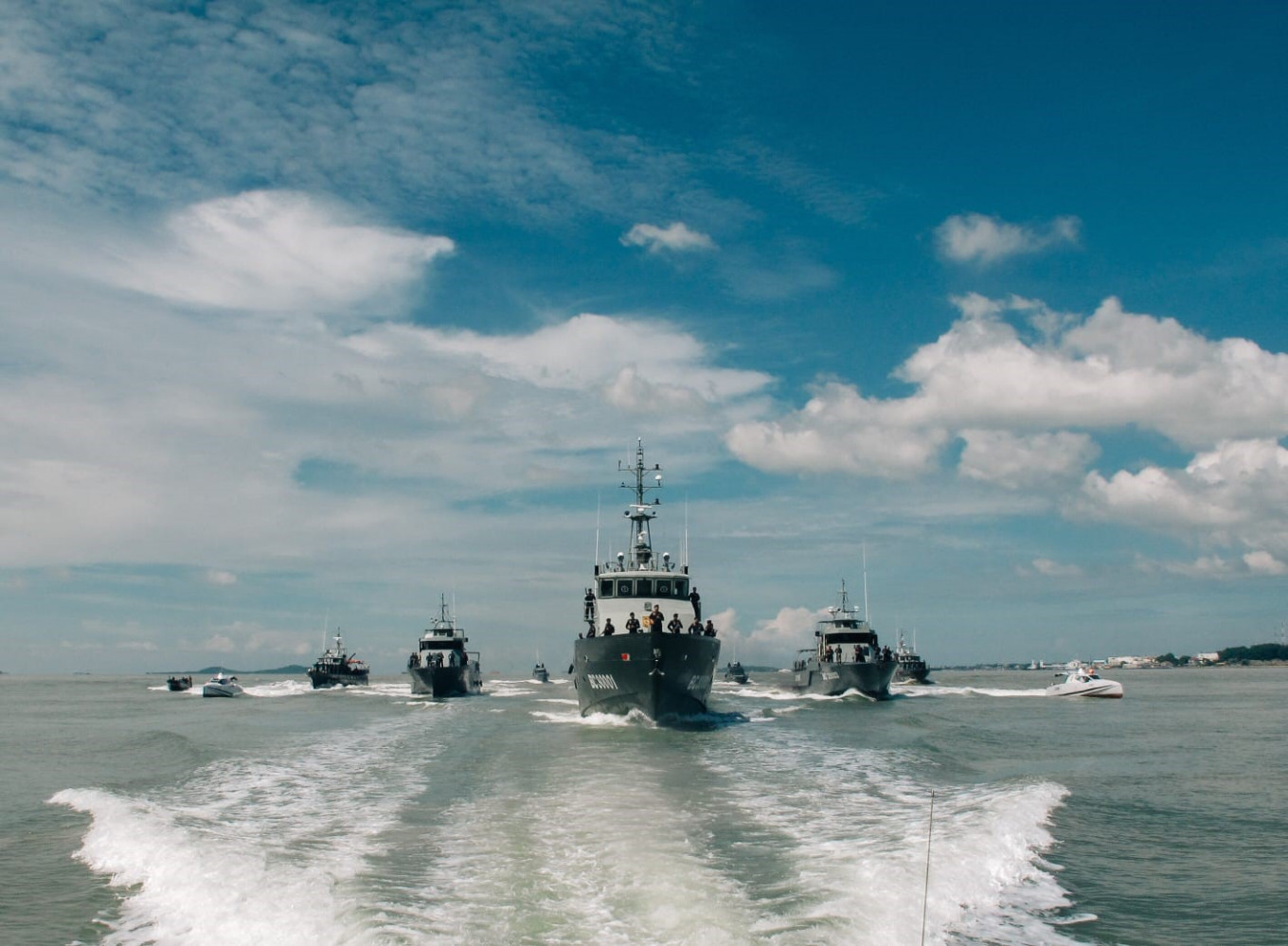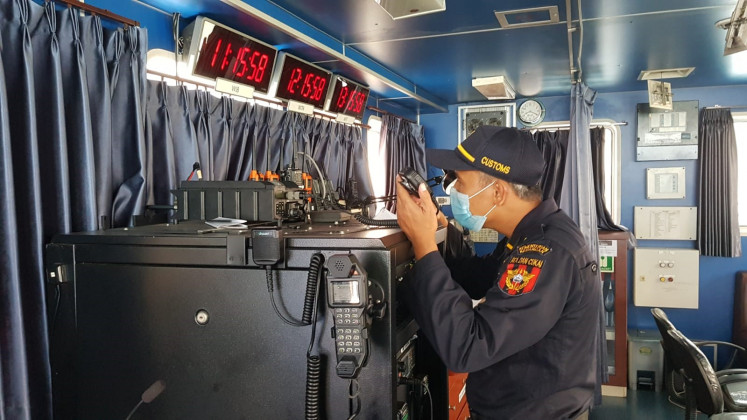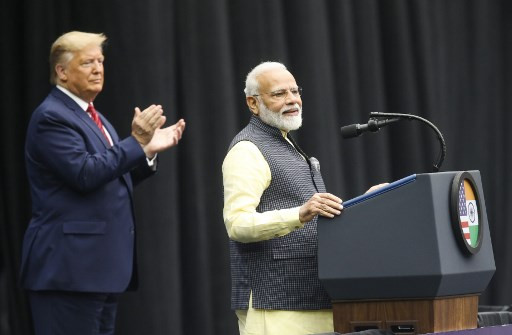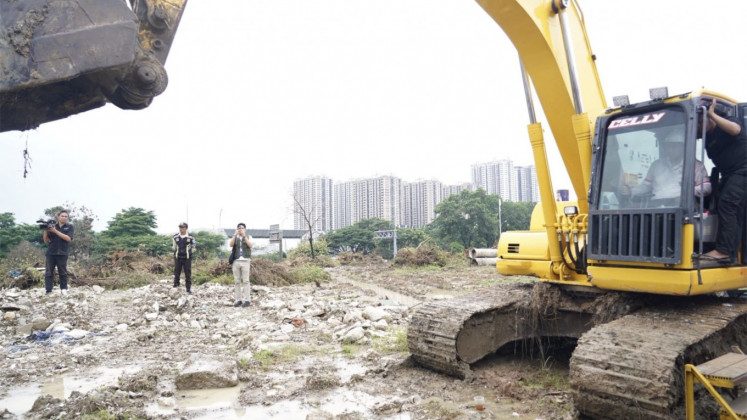Popular Reads
Top Results
Can't find what you're looking for?
View all search resultsPopular Reads
Top Results
Can't find what you're looking for?
View all search resultsCustoms and Excise Directorate General continues to protect Indonesian waters
Change text size
Gift Premium Articles
to Anyone
T
he safety of a nation heavily relies on the government that protects it. Based on Indonesia’s archipelagic nature, the seas that surround its islands must be prioritized.
Through sea patrols, the country’s Customs and Excise Directorate General plays a significant role as a government agency in protecting Indonesian waters from the threat of illegal goods entering and leaving. The commendable agency has recorded positive results with 178 actions from January to May 2024, and was able to prevent potential state losses of up to tens of billions of rupiah.
Head of custom’s Public Relations and Counseling Sub-Directorate, Encep Dudi Ginanjar, said the agency’s sea patrols secured state assets and rights and protected the community from the entry and circulation of illegal goods. In accordance with its responsibilities, sea patrols have been deployed independently and in an integrated manner in the first half of 2024 to cover all Indonesian waters.
Some of these sea patrols include the Integrated Operation of Customs and Excise, the Sriwijaya Net and Wallacea Net, the Independent Sea Patrol Operation, the Sea Patrol Operation Under Operational Control (BKO), the Customs Special Sea Patrol Operation and the Yudhistira Patrol 2024, which are the result of coordination between customs and the Indonesian Maritime Security Agency (Bakamla).
From January to May 2024, customs sea patrols conducted 1,059 inspections with 178 interceptions, both of imports and exports. From the total sea patrols, the estimated value of the intercepted goods reached Rp 74.92 billion (US$4.88 million) with a potential state loss of Rp 63.38 billion,
"There are three types of goods that dominate, namely tobacco products, beverages containing ethyl alcohol (MMEA) and kelontong [mixed goods]. In addition, there are also other confiscated items in the form of narcotics, psychotropics and precursors [NPP], minerals, crude palm oil [CPO] processing residues, ball presses, rice, fuel oil, wood, spare parts and ships that violate shipping regulations, which have now been handed over to the relevant agencies," Encep explained.
Customs collaborate with other institutions and ministries in Indonesia and abroadIn addition to carrying out sea patrols, Encep said customs were also in close collaboration with other ministries, through data and information exchange with Bakamla, the Marine Affairs and Fisheries Ministry, the Indonesian Military (TNI), the police, search and rescue (SAR), the National Institute of Aeronautics and Space (Lapan) and the Transportation Ministry.
Moreover, in the international scope, customs also collaborates with the Singapore Police Coast Guard to exchange information on the smuggling of NPP, illegal cigarettes, lobster larvae and collaborates with the Kastam Diraja Malaysia for supervision in peninsular Malaysia.
"The high potential for the smuggling of illegal goods through Indonesian waters emphasizes the vital role of customs as a community protector. For this reason, we will continuously carry out various efforts, both independently and in an integrated manner. One thing we need to emphasize, this achievement is not only the role of customs, but also the result of cooperation and collaboration with other ministries/institutions and law enforcement officers. Hopefully in the future, this cooperation will continue to be strong and sustainable in order to maintain the security of Indonesian waters," Encep said.
This article is published in collaboration with Finance Ministry











